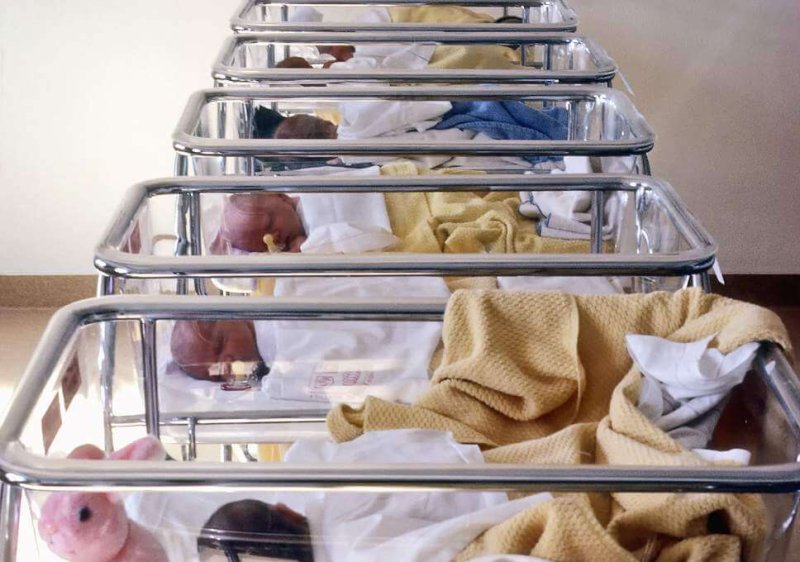He [Jiankui] attempted to disable a gene called CCR5 by producing a variant that has been shown to confer resistance to HIV. But the new study suggests that having non-working copies of CCR5 actually has an overall negative effect on health, specifically a 21 percent increase in mortality before age 76.
…
We don’t actually need more evidence to understand how irresponsible and dangerous He’s actions were. We also already have good reason to conclude that heritable genome modification is unacceptably risky and that medical justifications for it are tenuous.
…
Some proponents of heritable genome editing argue that “safe” application is just around the corner. But that assertion seems to depend on a much narrower definition of safety than should be required for procedures that would affect generations of people. And even if we could understand all the physiological and health effects that heritable genome modification would produce, we would still need to consider its unacceptably dangerous social consequences.
In other words, does the study give us a reason to oppose heritable genome modification? Sure. Throw it on the pile.
Read full, original post: We don’t need more reasons to reject heritable genome modification































